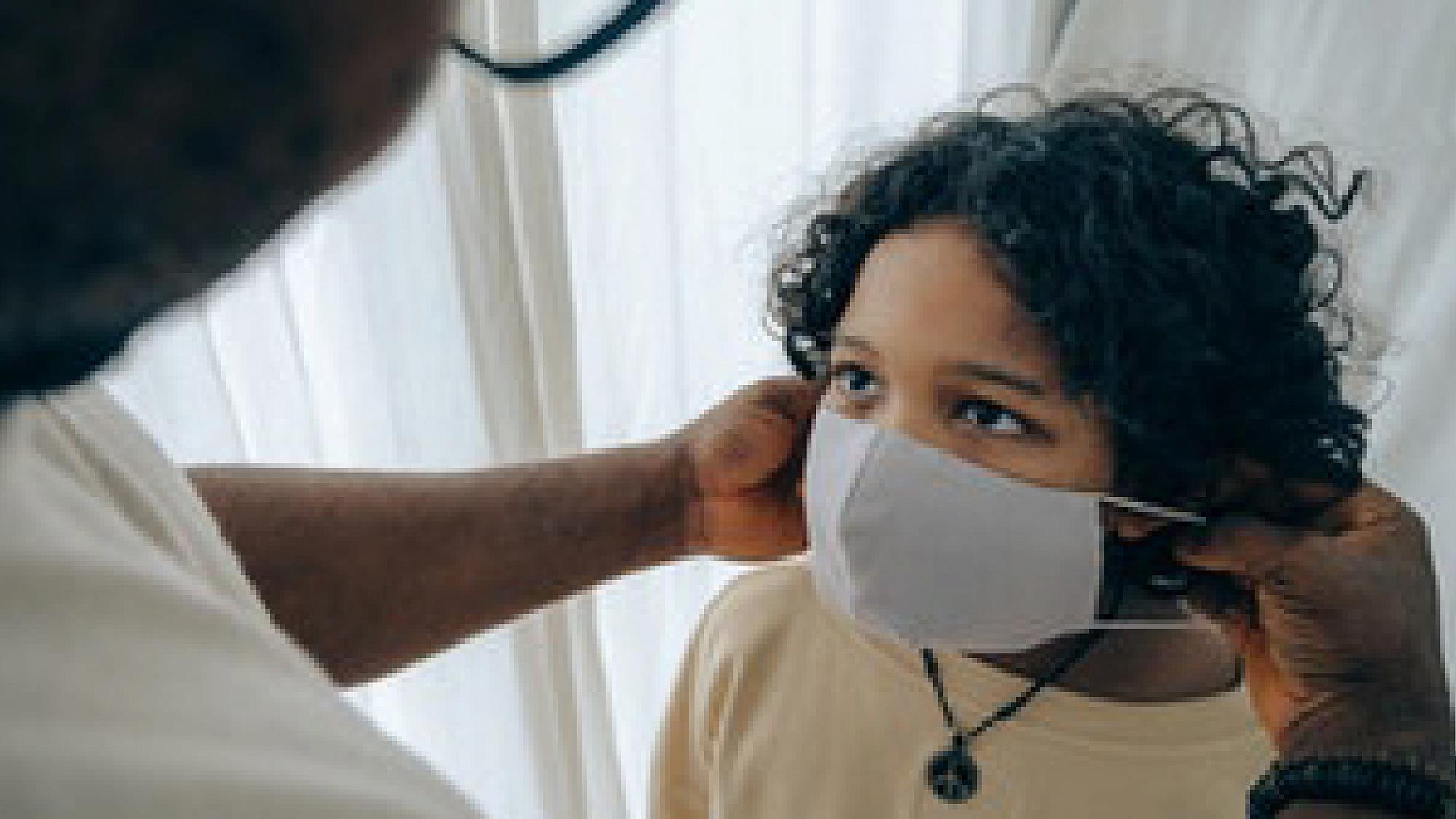Improving Mental Health and Reducing Suicide
Improving mental health and reducing suicide were elements included in U of U Health’s Strategy Refresh. Our vision is that access to mental health services in Utah is materially improved statewide, that the quality of mental health services in Utah is materially improved statewide, and that the mental health of Utah’s population is better than it is today.
Over the next few years, we will be launching initiatives for the Huntsman Mental Health Institute and we will continue to expand the reach of mental health services through programs like SafeUT, statewide crisis call center, and Call-Up.
In 2019, University of Utah received a historic gift from the Huntsman family to establish the Huntsman Mental Health Institute. The initial focus is on advancing knowledge and relieving suffering through research-informed treatment of mental illness. Other areas of focus include improving mental health services for college-age adults, increasing access to mental health services in rural communities across Utah, and identifying the genetic underpinnings of mental illness.
Institutional Initiatives
Huntsman Mental Health Instutute
In November 2019, the Huntsman family made a generous donation of $150 million to create the Huntsman Mental Health Institute (HMHI). As part of a world-renowned academic health system, HMHI provides comprehensive mental health services and psychiatric care in a safe and healing environment.
University of Utah Health Resiliency Center
The Resiliency Center is designed to foster wellness and resilience for all employees of University of Utah Health. The Resiliency Center serves as a hub for coordinating and expanding innovative resources that promote personal resilience and reduce individual burden.
Accelerate: Insights for Well-Being
Established in 2016, Accelerate is a community-based model for innovating and promoting best practices in health care improvement, leadership, and wellness. Hundreds of frontline faculty, staff, and trainees have collaborated to share the stories of their work at University of Utah Health.
News & Updates
Healthy Habits Can Help Children Tackle COVID-19 Anxiety
Taking on the COVID-19 pandemic has become a battle with two fronts. While we are rightly focused on vaccines, masking, and social distancing, many of us are not paying enough attention to the mental health crisis that is a side effect of our necessary emergency efforts.
Strategies to Meet CHNA Requirements
Below are specific strategies and initiatives related to improving mental health and reducing suicide that University of Utah Health commits to as part of the Community Health Needs Assessment process and will work towards over the next three years.
Increase screenings, referrals, and treatment coordination between mental health and primary care providers
Implement Collaborative Care for patients with major depressive disorders in order to improve health outcomes, with a goal to see a 50% improvement in PHQ-9/PROMIS depression scores
- Improve screenings for suicide risk and increase access to effective behavioral health treatment by implementing the Zero Suicide programming of the Columbia Suicide Severity Screening (C-SSRS) in primary care settings
- Integrate substance abuse screening, brief intervention, and referral and treatment (SBIRT) practices into primary care settings
- Increasing access to and use of the SafeUT app and of school-based mental health (with referral supports)
- Improve transitions of care from inpatient Psychiatry to Primary Care and from Community Crisis Encounters to Primary Care
- Expand Call-Up, the Psychiatrist Consultation Program that provides primary care providers with access to telehealth psychiatric consultations (peer-to-peer consulting)
Improve access to mental health services
- Extend 24/7 mobile crisis outreach teams (MCOT) across the entire state – UNI provides dispatch services to all MCOT teams
- Enhance the statewide crisis call center to serve as the centralized hub for coordinating behavioral health and crisis support services
- Create the Salt Lake County community-based behavioral health receiving center




